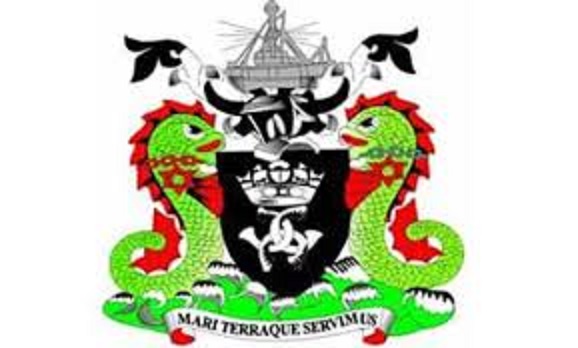Organised Private Sector ((OPS) stakeholders have called on the federal government to address crude oil theft and other macroeconomic fundamentals to navigate the Nigerian economy to the path of growth.
The stakeholders gave the advice at the third quarter council meeting of the Lagos Chamber of Commerce and Industry (LCCI) and the Nigerian Association of Chambers of Commerce, Industry, Mines and Agriculture (NACCIMA) on Wednesday in Lagos.
Dr Michael Olawale-Cole, President, LCCI, said the event was crucial to review major economic developments and communicate the chambers’ position to the wider business community and government for a thriving private sector.
The LCCI President said the menace of oil theft had become a national disaster and a critical threat to the nation’s revenue base.
According to him, Nigeria is losing crude oil at the level of about 91 per cent of output as the country lost $3.2 billion in crude oil theft between January 2021 and February 2022.
“The twin factor of fuel subsidy payments and crude oil theft have combined to deny Nigeria the gains of the high crude oil price on the international market,” he said.
Olawale-Cole noted that the country’s total public debt stock rose from N39.56 trillion in December 2021 to N41.60 trillion (about $100.07 billion) by the end of the second quarter of 2022, as revealed by the Debt Management Office (DMO).
He added that Nigeria’s debt to Gross Domestic Product (GDP) ratio currently stood at 23.27 per cent, against 22.43 per cent on December 31, 2021.
He said the development had already resulted in concerns that most, if not all, of the assumptions in the Medium-Term Expenditure framework (MTEF) 2023-2025 would be missed.
This, he explained, was as the country continued to experience unprecedented levels of disruptions to supply chains and agricultural production.
“In the face of rising debt servicing costs accompanied by a dwindling revenue, the provision of critical infrastructure and amenities like healthcare services, education, power, roads, and security will be hard hit as funding shrinks,” he said.
Olawale-Cole also urged monetary authorities to liberalise the foreign exchange market by unifying the multiple rates and ensuring that rates were market-driven to enhance stability, liquidity, and transparency in the foreign exchange market.
“The unification is expected to improve our currency management framework, given that the multiple exchange rate systems have continued to create uncertainties and sources of arbitrage,” he said.
He also appealed to the Federal Government and the Academic Staff Union of Universities (ASUU) to come to an agreement as soon as possible to end the ongoing industrial action.
“We cannot look to half-baked graduates to build a prosperous economy.
“Nigeria must begin to pay more attention to improving its latest Human Development Index (HDI) which stood at 161 out of 189 countries,” he said.
Olawale-Cole expressed concern about the worsening insecurity profile of the country saying it posed an apparent threat to the forthcoming general elections in 2023 and, by extension, a threat to democratic governance.
He stated that in the absence of peace and security, it would be challenging to hold credible, free, and fair elections that would reflect the choices of the electorates in choosing those that should lead them.
“We need to address the root causes of youth unemployment, drug abuse, uncontrolled small arms, and unmanned borders through which foreigners infiltrate our territories.
“We also need to boost security enforcement through frequent recruitments into the security agencies and well supported with modern weaponry and deployment of warfare technology.
“Community policing and intelligence gathering need to be officially endorsed and systematically managed,” he said.
In his remarks, Ude John Udeagbala, President, NACCIMA, lauded the Lagos state government for its efforts in supporting the private sector and accommodating its needs under the THEMES agenda.
He charged members of the private sector to engage politicians and political parties in discourse to know their plans for the private sector, as the electioneering year approached.
“This would further help convey our plights to the incoming governments,” he said.
Secretary to the Lagos State Government, Mrs Folasade Jaji, said the Lagos would continue to leverage recommendations from the private sector to discern challenges affecting it.
Jaji, represented by Mrs Olabisi Shonibare, Director, Political Affairs, charged the sector to engage best practices in trade, investments and commerce to solidify the state as the best investment destination.
“On our part, we would continue to promote more friendly environment for enterprises and provide workable solution to all the challenges,” she said.




